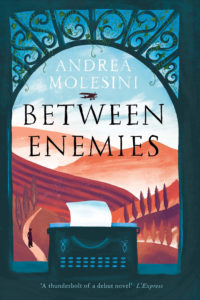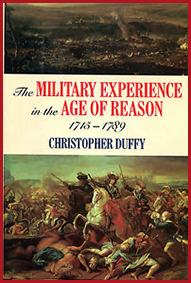Allen & Unwin
November 2015
AU $29.99
 Andrea Molesini’s Between Enemies is an eloquent tale of occupation, collaboration and resistance set in WWI. Based on true events, it follows the aristocratic Spada household as their property is requisitioned by German soldiers, then Austrians. Their village is occupied. Eventually the whole household as well as several villagers are drawn to resist the occupiers.
Andrea Molesini’s Between Enemies is an eloquent tale of occupation, collaboration and resistance set in WWI. Based on true events, it follows the aristocratic Spada household as their property is requisitioned by German soldiers, then Austrians. Their village is occupied. Eventually the whole household as well as several villagers are drawn to resist the occupiers.
Told from the perspective of 17-year-old Paolo, writing as an adult some ten years later, the story is full of high drama, but also nostalgia and melancholy. Because the narrator is a teenage boy during the events, the story is also sadly filled with the objectification of Paolo’s crush Giulia. While this is probably realistic, it’s a little tiresome to read, especially when the novel purports to say something about the natures of men and women and their relationships*. This is usually by way of commentary delivered by Paolo’s eccentric but wise grandfather, and manages to be the same sort of thing supposedly wise men always say about women in stories of this kind. If authors** could stop doing that, that would be swell. Continue reading


